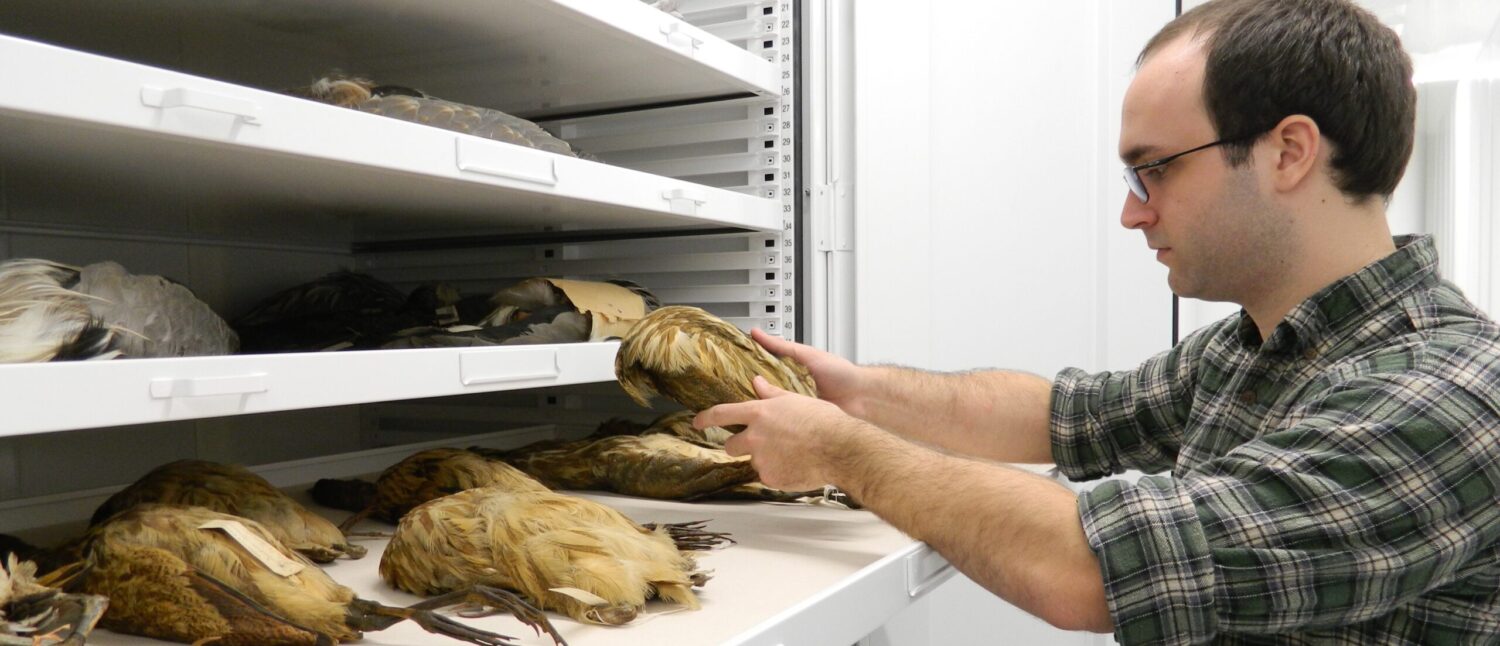In a consensus letter to U.S. policymakers, a partnership of 31 leading nonpartisan scientific societies today reaffirmed the reality of human-caused climate change, noting that greenhouse gas emissions “must be substantially reduced” to minimize negative impacts on the global economy, natural resources, and human health.
“Observations throughout the world make it clear that climate change is occurring, and rigorous scientific research concludes that the greenhouse gases emitted by human activities are the primary driver,” the collaborative said in its 28 June letter to Members of Congress. “This conclusion is based on multiple independent lines of evidence and the vast body of peer-reviewed science.”
Climate-change impacts in the United States have already included increased threats of extreme weather events, sea-level rise, water scarcity, heat waves, wildfires, and disturbances to ecosystems and animals, the intersociety group reported. “The severity of climate change impacts is increasing and is expected to increase substantially in the coming decades,” the letter added. It cited the scientific consensus of the vast majority of individual climate scientists and virtually every leading scientific organization in the world, including the U.S. Global Change Research Program, the U.S. National Academies, the Intergovernmental Panel on Climate Change, the American Association for the Advancement of Science (AAAS), the American Chemical Society, the American Geophysical Union, the American Meteorological Society, the American Statistical Association, the Ecological Society of America, and the Geological Society of America.
“To reduce the risk of the most severe impacts of climate change, greenhouse gas emissions must be substantially reduced,” the group said, adding that adaptation is also necessary to “address unavoidable consequences for human health and safety, food security, water availability, and national security, among others.”
The 28 June letter, representing a broad range of scientific disciplines, reaffirmed the key climate-change messages in a 2009 letter signed by 18 leading scientific organizations. The letter is being released again, by a larger consortium of 31 scientific organizations, to reassert the scientific consensus on climate change, and to provide objective, authoritative information to policymakers who must work toward solutions.
The June 28 letter was signed by leaders of the following organizations:
American Association for the Advancement of Science
American Chemical Society
American Geophysical Union
American Institute of Biological Sciences
American Meteorological Society
American Public Health Association
American Society of Agronomy
American Society of Ichthyologists and Herpetologists
American Society of Naturalists
American Society of Plant Biologists
American Statistical Association
Association for the Sciences of Limnology and Oceanography
Association for Tropical Biology and Conservation
Association of Ecosystem Research Centers
BioQUEST Curriculum Consortium
Botanical Society of America
Consortium for Ocean Leadership
Crop Science Society of America
Ecological Society of America
Entomological Society of America
Geological Society of America
National Association of Marine Laboratories
Natural Science Collections Alliance
Organization of Biological Field Stations
Society for Industrial and Applied Mathematics
Society for Mathematical Biology
Society for the Study of Amphibians and Reptiles
Society of Nematologists
Society of Systematic Biologists
Soil Science Society of America
University Corporation for Atmospheric Research

